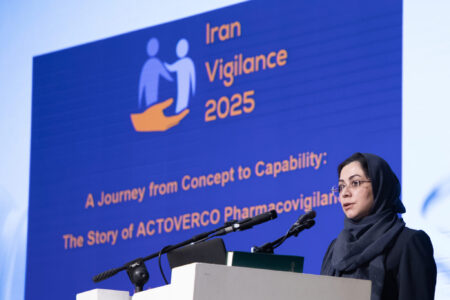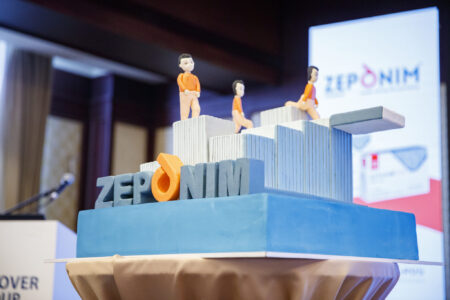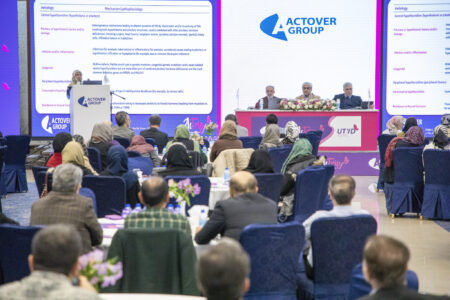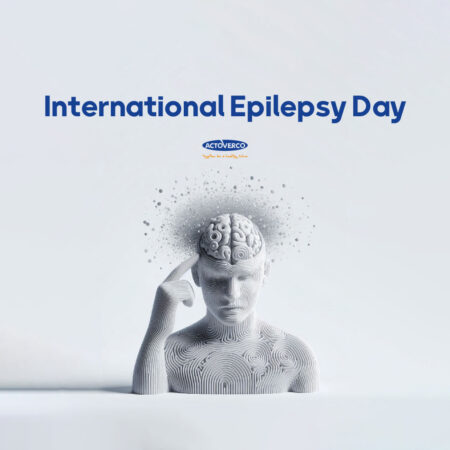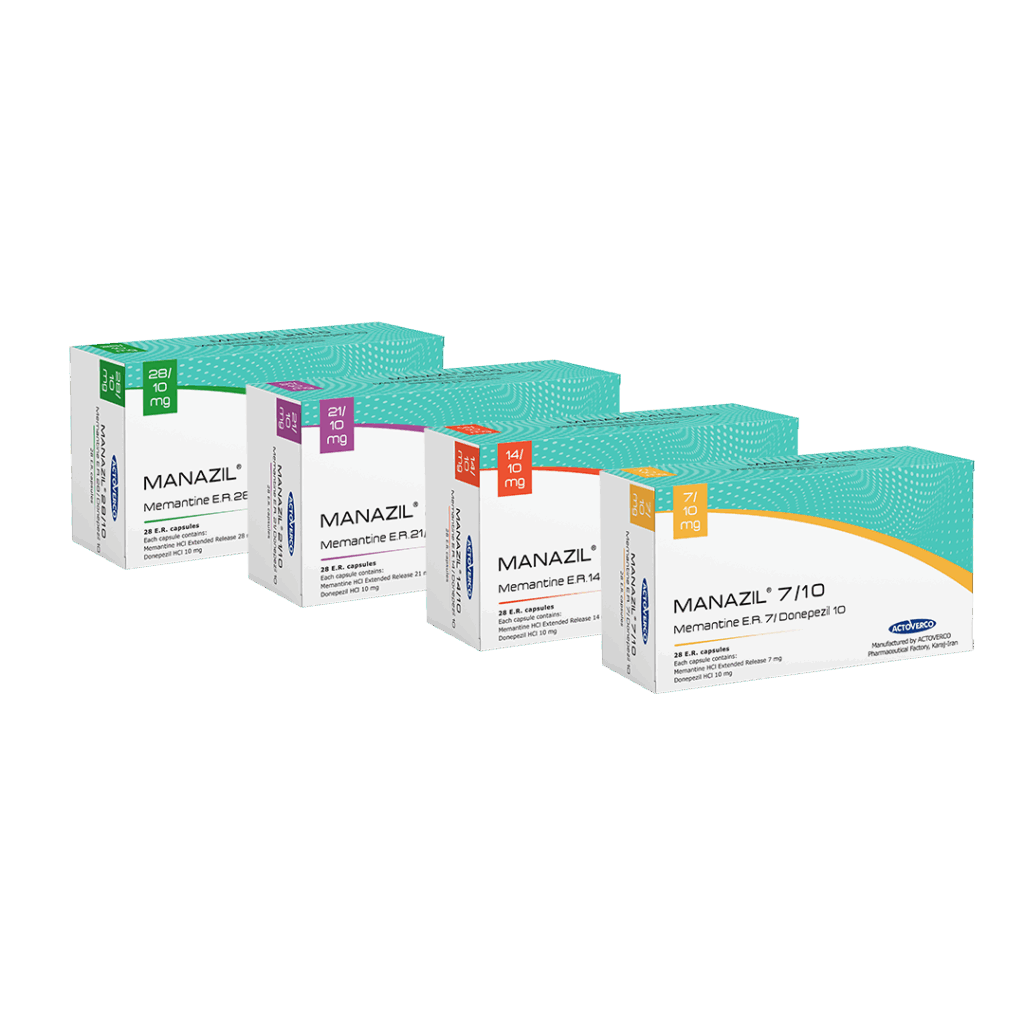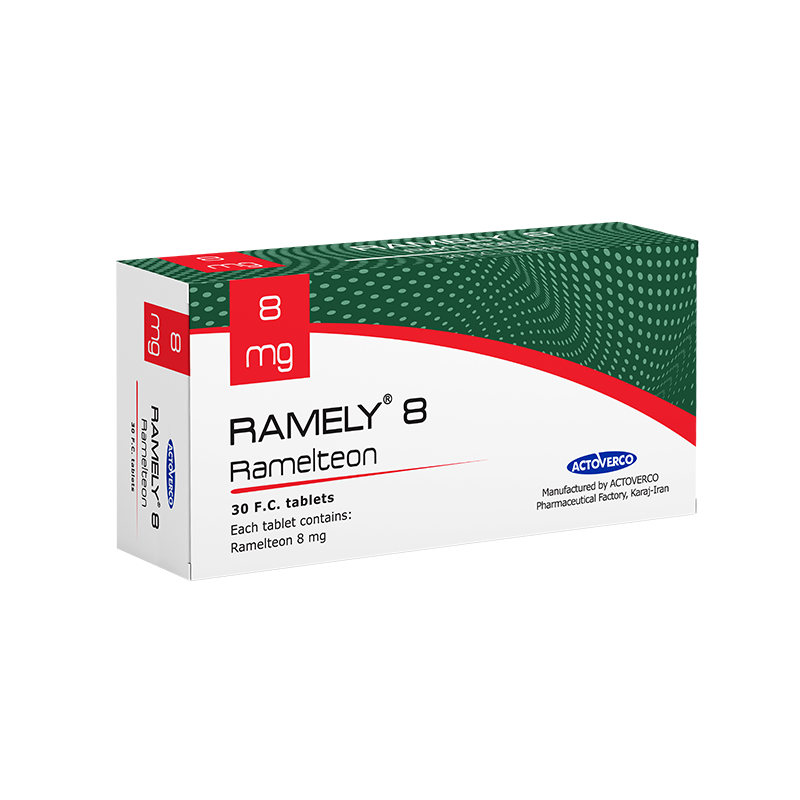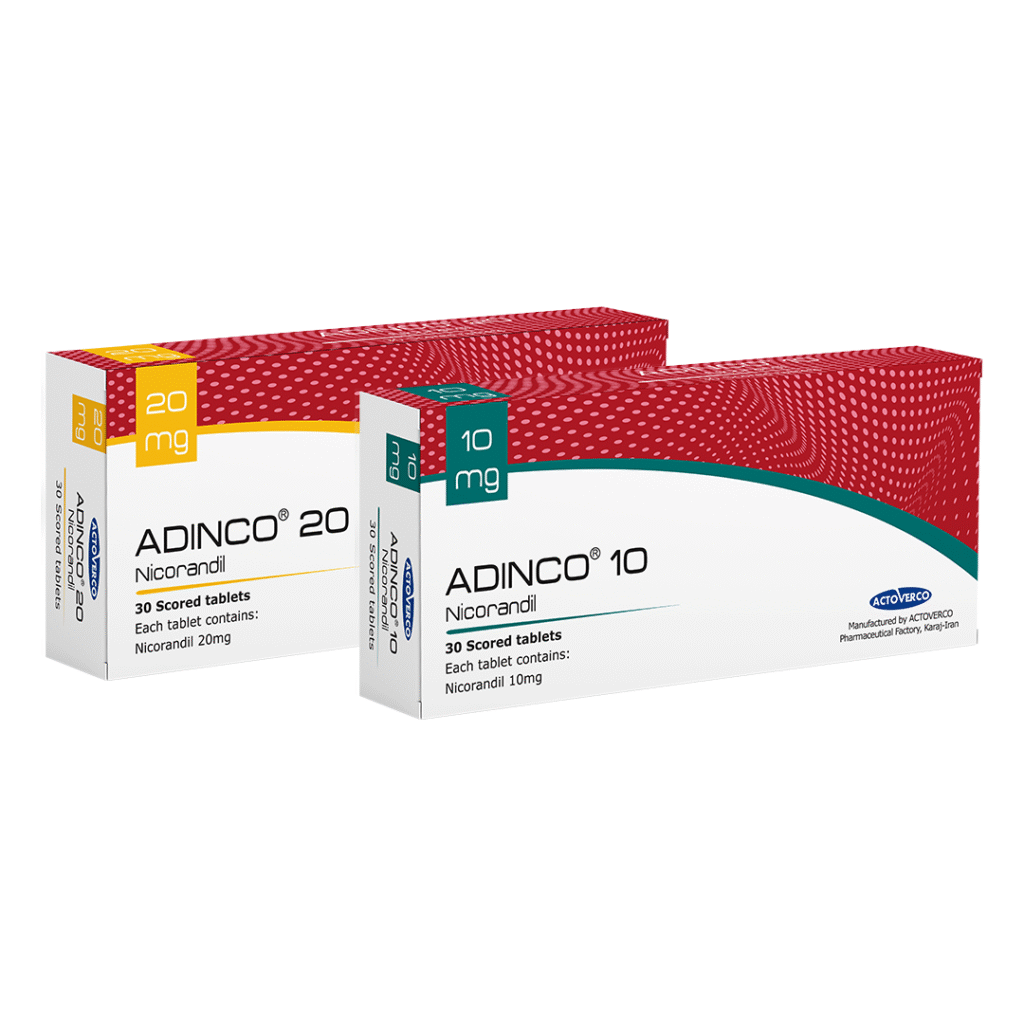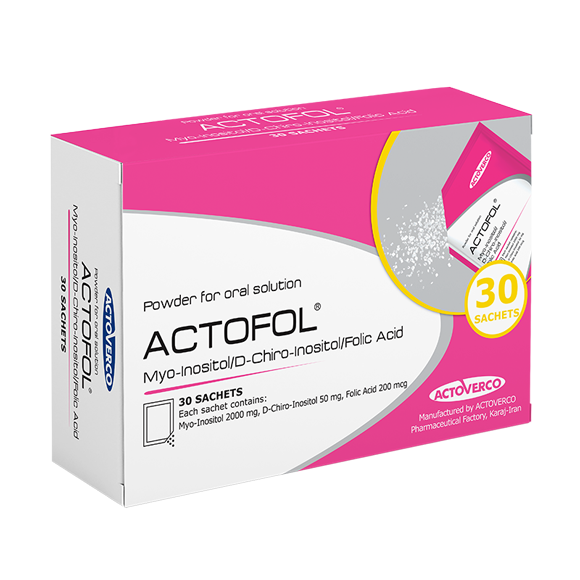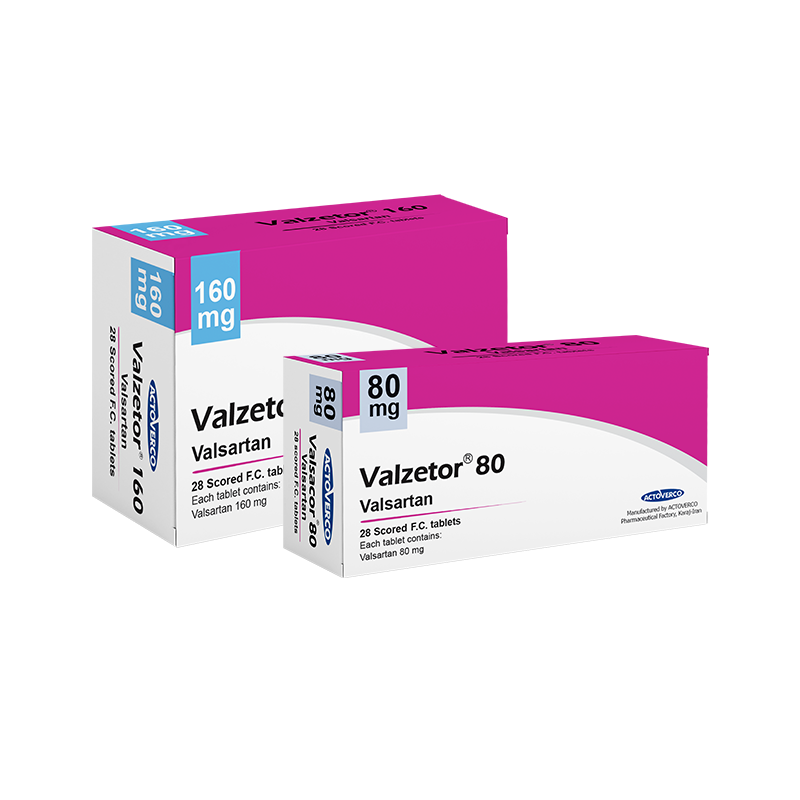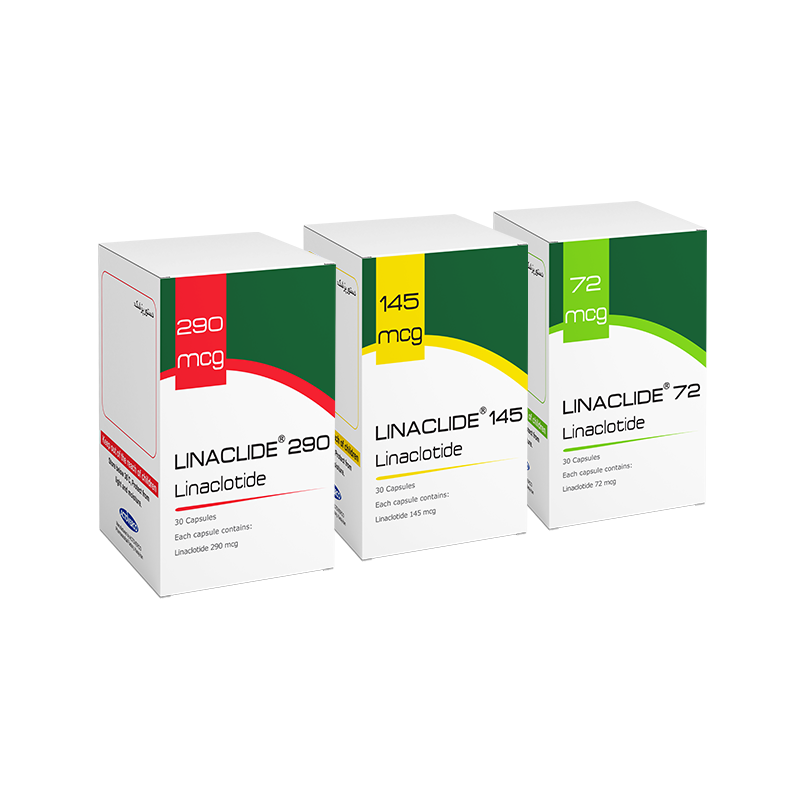Baricitinib, marketed under the brand name Actonib, is the first FDA-approved medication for the treatment of moderate to severe alopecia areata in adults. This drug, manufactured by Alborz-Zagros Pharmaceutical Company, a subsidiary of the Actoverco pharmaceutical group, is the only high-risk drug production facility in Iran with GMP certification. Actonib is taken once daily and has also received approval from the European Medicines Agency for treating severe and resistant dermatitis (eczema) in adults and children over two years old.
Baricitinib belongs to the class of Janus kinase inhibitors (JAK inhibitors), which work by inhibiting the activity of JAK1 and JAK2 enzymes, disrupting cytokine signaling involved in the pathogenesis of autoimmune diseases. This mechanism of action helps in treating autoimmune conditions.
During the unveiling ceremony of Actonib, Dr. Niko Mozaffari, Associate Professor at Shahid Beheshti University of Medical Sciences, highlighted its clinical applications in dermatology. He explained that the drug is primarily excreted through the kidneys (75%) and liver (20%), making it generally safe for use except in severe liver conditions. Dr. Mozaffari noted that Actonib is available in 2 mg and 4 mg doses. In a study involving 546 patients with alopecia areata who had lost at least half of their scalp hair, 80% experienced hair regrowth after 36 weeks of treatment with baricitinib. The improvement was significantly greater in patients receiving the 4 mg dose. The study extended to 52 weeks, demonstrating even better treatment efficacy over time.
In response to a question about switching from other immunosuppressants like tofacitinib to baricitinib, Dr. Mozaffari stated that studies show switching between JAK inhibitors can be effective in patients who have had a partial response to the initial drug. However, patients who did not respond at all to the first JAK inhibitor are unlikely to respond to another in the same class.
Dr. Roya Khorrami, a pharmacologist at the Actover Group, also discussed the efficacy and safety of Actonib in patients with alopecia areata. She mentioned that since the FDA approved baricitinib a year ago, data from over four thousand dermatologists have been gathered, demonstrating its effectiveness. Comparative studies have shown that baricitinib is more effective than non-oral JAK inhibitors and has fewer side effects than tofacitinib. Dr. Khorrami concluded by noting that numerous case reports indicate that patients who did not respond to other treatments showed significant improvement with baricitinib.



